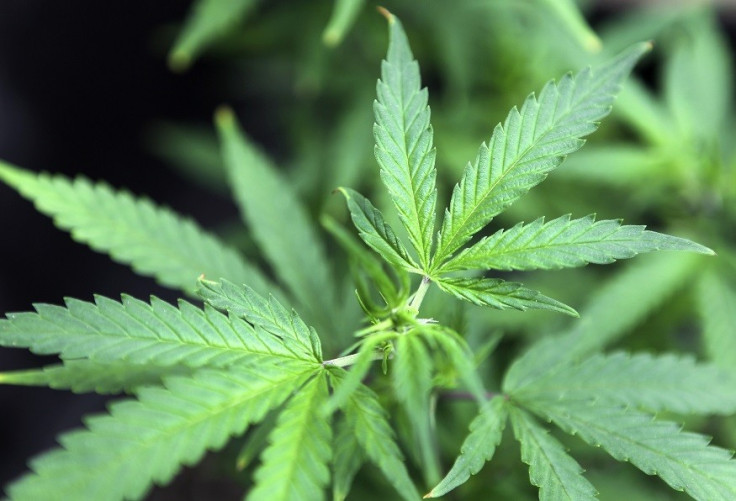Cannabis a Potential Treatment for Autoimmune Diseases, Study Finds

Cannabis has the potential to be used as a treatment for autoimmune diseases including lupus, colitis, multiple sclerosis and arthritis, scientists have said.
Marijuana is becoming increasingly accepted for its medical benefits, with a number of states in the US legitimising the drug for health purposes.
It is used to alleviate the side effects of chemotherapy including nausea and vomiting, as well as stopping Aids patients from losing weight, muscle mass and easing chronic pain.
Researchers at the University of South Carolina have now discovered a novel pathway that allows the main active component in cannabis, THC (tetrahydrocannabinol), to suppress the body's immune functions.
The team were building on previous study findings that show the environment in which people live can trigger changes occurring outside of DNA but that can cause alterations to the functions of genes.
Published in the Journal of Biological Chemistry, they found THC can be used to supress the immune response of the body to treat autoimmune diseases.
Molecules in the environment that can alter DNA are known as the epigenome. The researchers were looking to find out if THC can affect DNA functions through pathways outside of the DNA itself.
While findings showed that one potential negative impact of marijuana could be the suppression of beneficial inflammation in the body, it also holds possible treatment options for people with autoimmune diseases.
Because of its influence on inflammation suppression, the drug could be used to treat these diseases because inflammation plays an important role in them.
"The current study opens new avenues to investigate the epigenetic pathways through which THC regulates the immune response," the authors wrote. They however noted that because of the extremely complex nature of histones – which are involved in gene regulation – further investigative work was required before THC can be used as a treatment for autoimmune diseases.
© Copyright IBTimes 2025. All rights reserved.






















